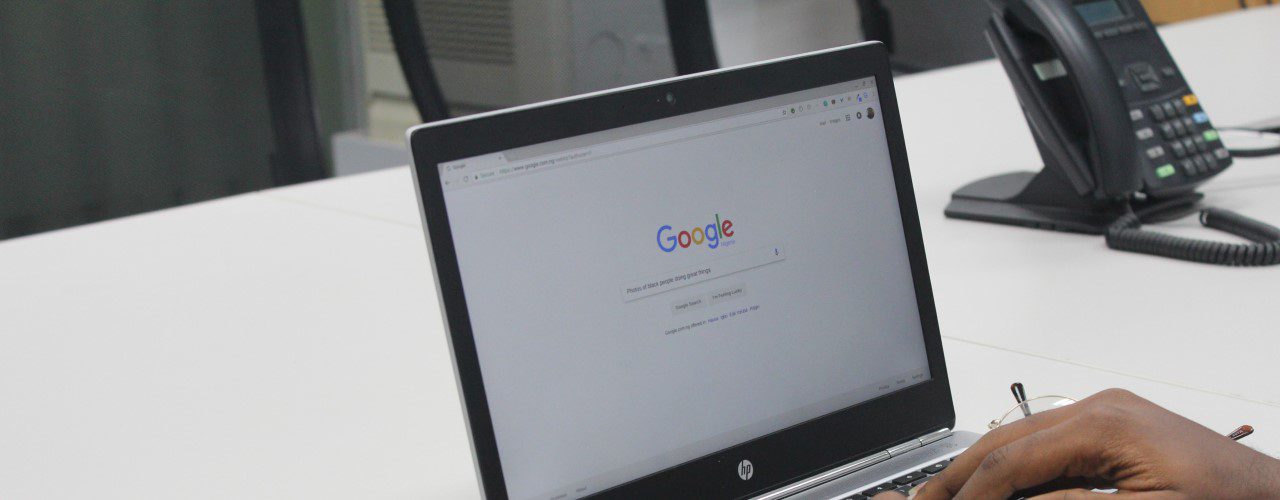Paid Ads and SEO are two vital components in digital marketing. Together, they are responsible for 68% of all website traffic and generate 72% of revenues. However, it’s very easy to get into a mess with SEO and Paid Search, especially when it comes to deciding where to allocate your budget. More often than not, it’s actually not about choosing between the two but finding the right balance for your specific business goals.
Defining SEO
With SEO you can improve the visibility of your web pages in search results through the use of keywords etc. It tends to be less expensive than Paid Search, creates consistent results, higher ROI over the longer term and has wider potential reach. However, there are some considerations to bear in mind with SEO, including that it can take longer to get results, analytics are less specific and you won’t have as much control over the outcomes.
Defining Paid Search
Also known as PPC advertising, Paid Search is where you’re paying for ads to improve where your web pages appear in search rankings. This can produce fast results – it’s great for time sensitive content – and you’ll be able to focus on a specific audience and see detailed analytics. You’ll also generate a higher ROI in the short term. Considerations include that it can be more expensive, requires more maintenance and tends to be less effective over time.
How do SEO and Paid Search fit with your business goals?
- Goal: quick results. Paid Search is by far the best choice here, as it generates faster results while SEO can take a lot longer.
- Goal: greater exposure. SEO is a better investment because it will give you the opportunity to fill up more SERP real estate with branding and ensure that your website is ranking across many different search engines for many different results. Just one piece of content could achieve exponentially broader reach on an ongoing basis.
- Goal: scaling. Using SEO will enable you to increase returns (impressions, clicks etc) in the longer term while PPC is very short-term focused and hard to scale.
- Goal: focusing on a specific audience. While SEO can be used to target specific search queries, it’s not effective when it comes to audience targeting. Paid Search, on the other hand, provides a vast range of targeting tools, whether you’re looking to segment your audience by age and location or specific keywords and online activity.
- Goal: establishing trust and credibility. This tends to be a more long-term activity and one centered around authority and expertise, which makes SEO the obvious vehicle for it. Improving website authority can be done by focusing on easily attainable keywords and then progressing towards more competitive options as your site gains authority. Remember that search engines love EAT content (expertise, authoritativeness, trustworthiness).
- Goal: budget. You can do more with SEO on a smaller budget and organic strategies can achieve sizable results. Paid Search is faster but more expensive so not as budget-friendly.
Although there are some clear differences between using Paid Search and SEO, the reality is that you need a combination of both if you want to achieve your business goals. Iconic Digital is a full-service digital marketing agency in London that has the skills and know-how to help your business reach its full digital capabilities in 2022. To find out more about Iconic Digital’s award-winning digital marketing services get in contact today on 020 7100 0726.

